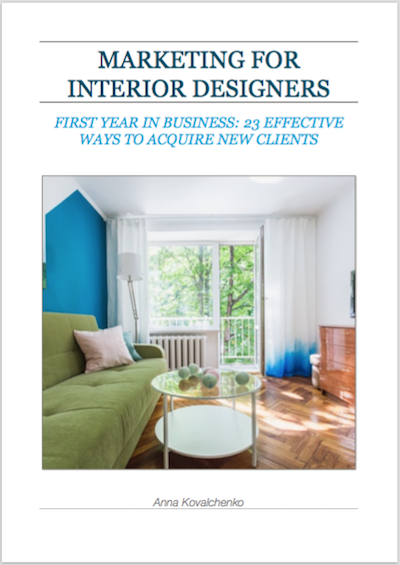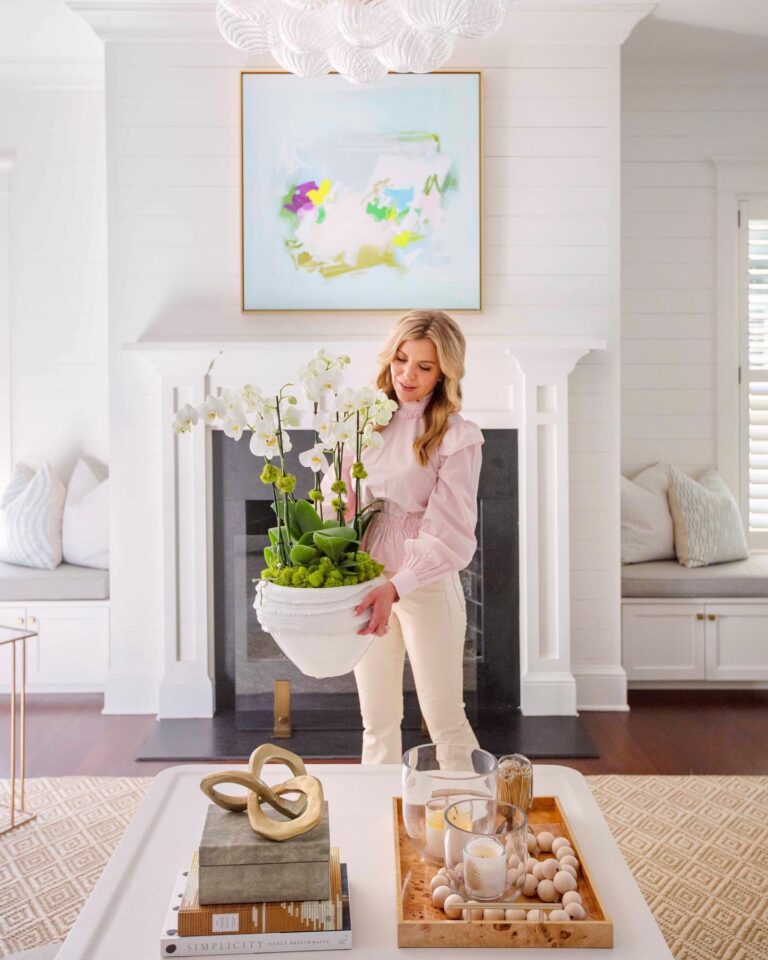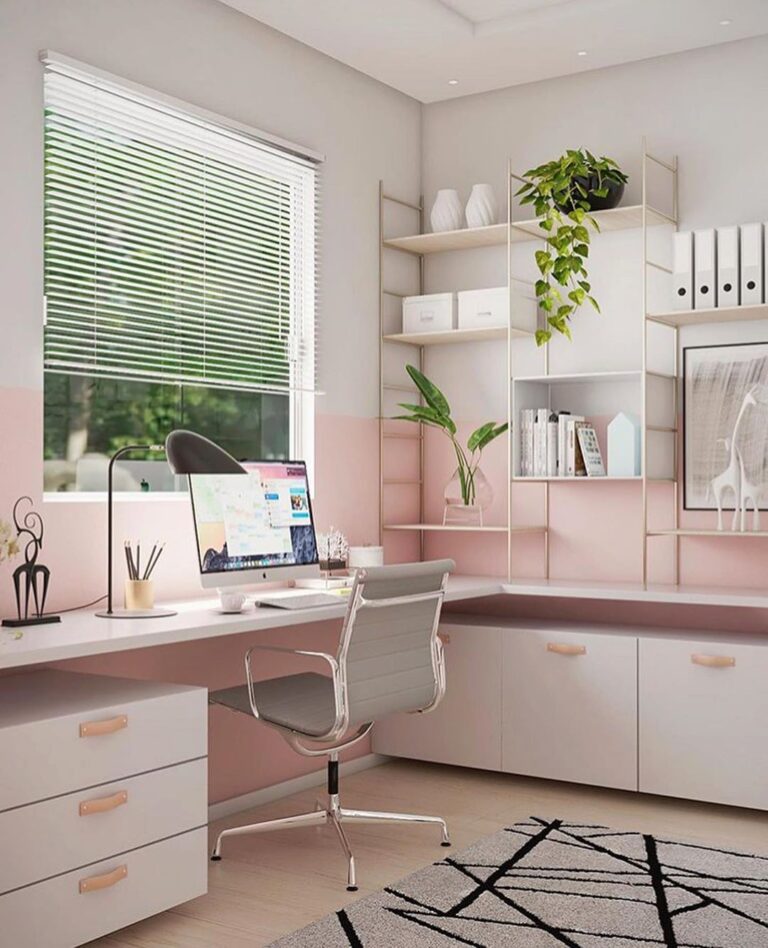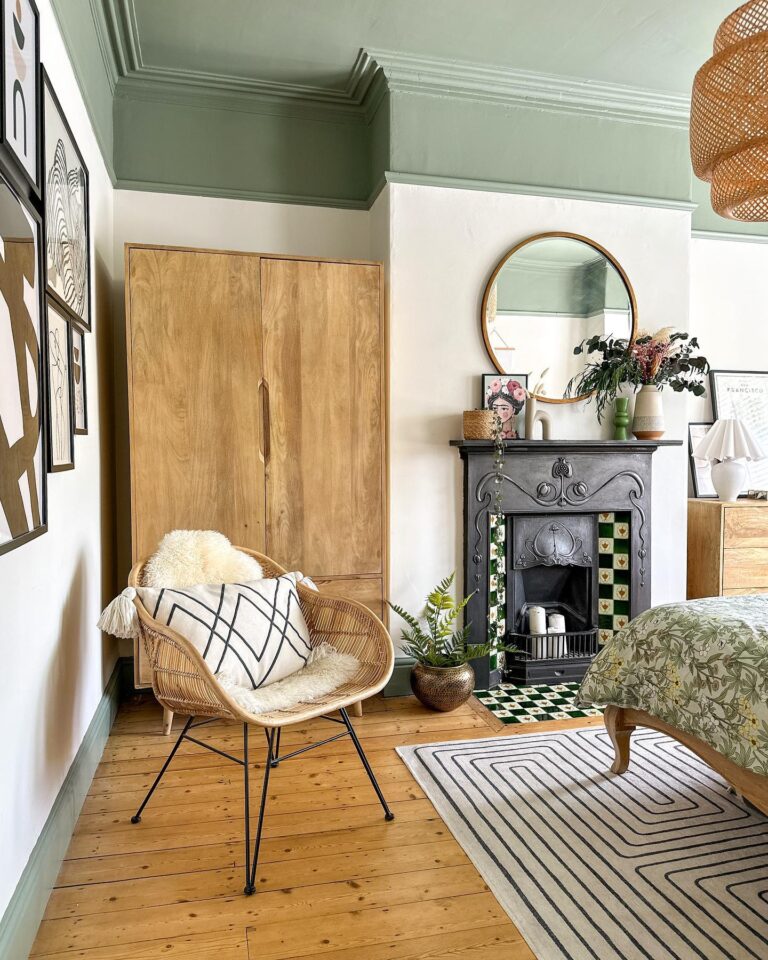How To Deal With Contractors Who Think They Know Best?
Work on interior design project requires lots of collaboration on all stages of its implementation: it is always a team work. Success really depends on how effective is communication between designer and other people involved in the project – contractors, manufacturers, suppliers. That’s why it can be really frustrating when it doesn’t happen. One of the most annoying things I have noticed while working with various contractors is when they act as if they know best.
Seriously, the least thing you want to hear is how a builder criticises your design choices. In the beginning of my career such situations made me really angry, however with time I learnt how to deal with them better.
Here are some tips that helped me:
Understand their concerns
Before discussing on how to handle confrontation or criticism from the builder it can be useful to understand their motifs first. Listen carefully to what they say. Very often people just try to communicate their concerns based on their own experience. It can happen that your contractor already tried to implement idea similar to yours and for some reason it didn’t work. In this situation it can be very useful to learn about their experience and avoid similar mistakes.
Leave less room to discuss the project
Detailed technical drawings with floor plans, elevations, sections provide the builders a clear roadmap, thus leaving less room for their own “creativity”. The more detailed are specifications and accurate the measurements, the less chances that your builders will come to you with their own suggestions. Also this will show you as a very precise and meticulous professional, who is very concerned about little details. The more professionalism you show, the more respect you will get from builders and the less chances they get to put their own two cents. Being inflexible and relentless to any kind of comments or criticism might just confirm the stereotype of the designer as a clueless diva that exists in the industry.
Help them understanding your ideas
Design is a very visual field. Depending on how well you are able to communicate your ideas, a contractor will be more or less enthusiastic about implementing them into reality. You need to sell your vision not only to the client, but to all parties involved in the project. If the builder doesn’t understand the idea, most likely he will try to come up with his own. That’s why for all of my projects I prefer to do photorealistic renderings. The downside of it is that the clients in most of the cases expect to get the finished result exactly like on the picture, which sometimes could be difficult. However at the same time it makes it so much easier to explain to everyone, how the end result should look.
Support them
Very often the person is being negative or critical when he is stepping out of his comfort zone. Contractors are usually more confident to implement solutions which they already tried in the past. Innovative and creative ideas might scare them just because they don’t know how to make them real. In such situations provide your maximum support. Listen to what could be the difficulties of implementing your idea and try to find solution together.
Show them your respect
Being on good terms with a builder is vital for any successful project. And it all starts with mutual respect. Never be arrogant or bossy with builder if you want to maintain a good rapport. You can’t shut their input down, or you will not have a team. Never question your builder’s competence in front of the client. This could only lead to the confrontation and will ruin the project at the end.
Fire them
This is the last thing you will probably want to do, but sometimes this could be the only choice. Find builders that you are comfortable to work with, that act as team players. At the end of the day, this is a very stressful job and you don’t want to get extra pressure where it is not necessary at all.
Want to grow more your interior design business? Check out my interior design books:










